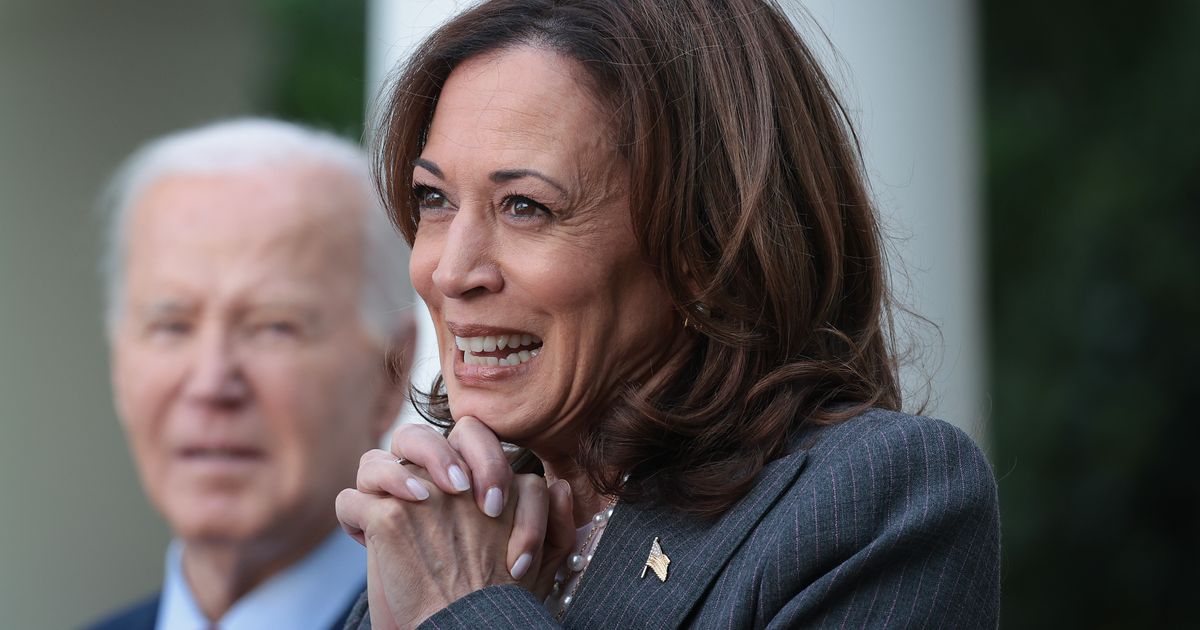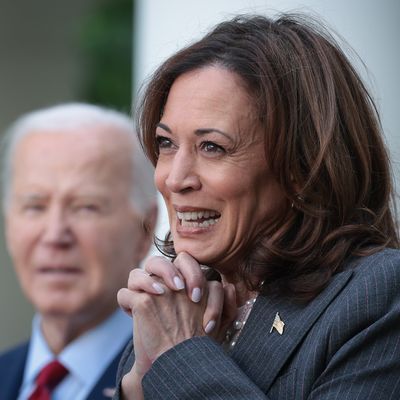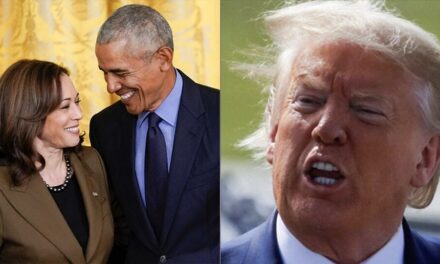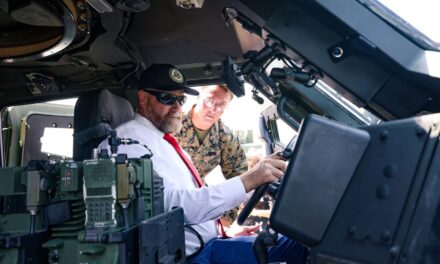

Harris and Biden together before everything changed. Photo: Win McNamee/Getty Images
On August 15, Joe Biden will return to the presidential campaign trail as a noncandidate, appearing with Kamala Harris in Maryland. Some Harris fans would undoubtedly be pleased if the president stuck to governing from now until November 5, though they probably wouldn’t mind if he waved at delegates from a box in Chicago during the DNC later this month. Others might prefer an extended presidential vacation. After all, the Democratic campaign that was doing so poorly when it was last led by Biden is doing pretty well right now under Harris, as the polls keep showing.
Beneath surface appearances, there are also legitimate critiques to be made about the legacy the 46th president is handing off to his potential Democratic successor, as two of my colleagues have argued. Zak Cheney-Rice noted that Biden did not exactly prepare his vice-president for the huge political and substantive responsibilities she stands to inherit. And Jonathan Chait observed that Biden’s administration has not been the sort of world-beating success that would make Harris’s job in defeating Trump any easier.
But to be fair, if Harris wins in November, she will owe not everything — but an awful lot — to the old man who chose to give her a nomination he won.
Most obviously, Biden put Harris on the track to the White House by choosing her as his running mate almost exactly four years ago. She was considered the front-runner for that position for a good while, but was hardly an automatic choice; there were (by my count at the time) nine other serious prospects, and that was even after Biden narrowed the field by promising to place a woman on the ticket. Picking her required Biden to overcome some heartburn in his camp about her criticisms of his record on school desegregation in a candidate debate that was widely regarded as the high point of her 2020 presidential campaign.
After Harris’s competent service as running mate in the COVID-subdued 2020 campaign, Biden gave her the standard highly secondary veep treatment in office. Yes, it was a bad idea to dispatch her to Central America in March of 2021 to address the “root causes” of a surge in migrations across the southern border; it handed her a public-relations anvil even then and became the thin basis for the never-ending Republican smear of her as “border czar.” But he made up for it by helping position Harris as the voice of the administration on abortion rights, an issue that raised both her public profile and her popularity and allowed her to seamlessly adopt a “Freedom” message once her own presidential campaign launched.
More importantly, the erratic path Biden followed that brought Harris to this point was, in retrospect, almost ideal for her purposes.
Let’s say Biden had listened to the many voices urging him to make his presidency “transitional” (as he had once implied he would) and decided shortly before or after the 2022 midterms not to run for reelection. Harris would have been the instant front-runner to succeed Biden, but as New York’s Gabriel Debenedetti noted at that time, hardly a lock:
Top party donors have privately worried to close Obama allies that they’re skeptical of Harris’s prospects as a presidential candidate, citing the implosion of her 2020 campaign and her struggles as VP. Jockeying from other potential competitors, like frenemy Gavin Newsom, suggests that few would defer to her if Biden retired.
Biden’s decision to pursue a second term spared Harris a grueling nomination campaign, the kind she did not excel at in 2019–20. Harris, even as the winner of a robust series of primaries, might have faced Donald Trump carrying the double burden of a presidency with low job-approval numbers and some controversial new progressive-policy stances of her own. To some extent, she faces those very problems now, but not remotely as much as she might have experienced at the end of a grueling nomination fight.
But Biden’s biggest 2024 gift to Harris was to wait until almost the last practicable moment to fold his tent and then designate her as the candidate his thousands of pledged delegates should support. This gave her the easiest path to the nomination any major-party candidate has faced since the 1940 Republican convention stampeded to Wendell Willkie. It gets even better, though: Thanks to Biden, Harris now has a very short runway to Election Day under circumstances (first a veep reveal, then a convention) that should allow her to more or less dominate the news until Labor Day. Without any question, a big part of the energy and excitement surrounding her campaign right now is that a battle between two old pols who have been slugging it out since 2019 has been transformed into something very different. And for that reason, even Biden’s terrible debate performance on June 27 was a boon for Kamala Harris, making her every appearance a positive development.
It may not be the best idea for the vice-president to spend too much time hanging out with the president on the campaign trail. After all, precisely because his candidacy was in trouble, Biden liberated his veep to carve out an identity of her own. But if she does win, Kamala Harris as president-elect should encourage Joe Biden to take his own victory lap during the short period before he leaves office.
Sign Up for the Intelligencer Newsletter
Daily news about the politics, business, and technology shaping our world.
By submitting your email, you agree to our Terms and Privacy Notice and to receive email correspondence from us.




